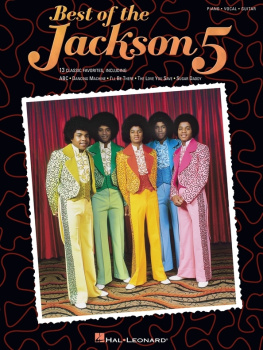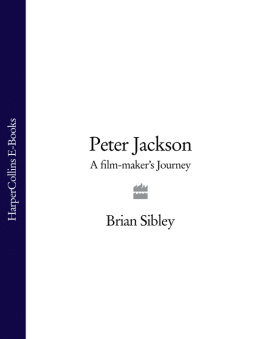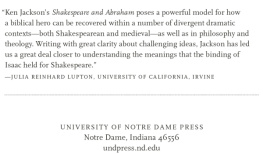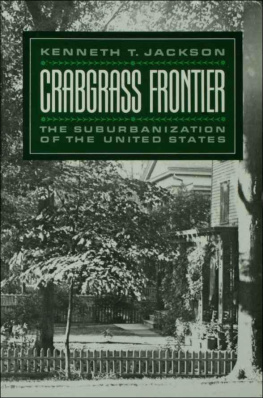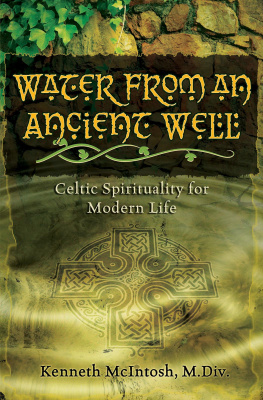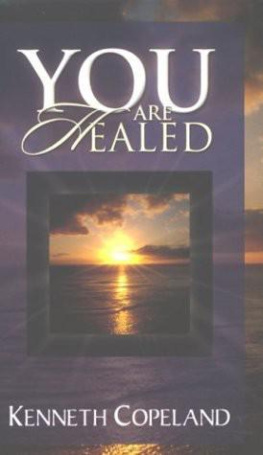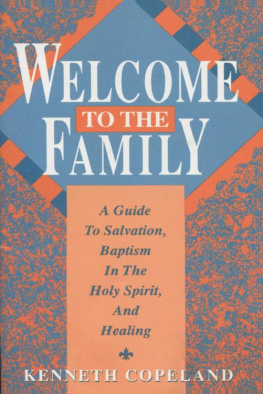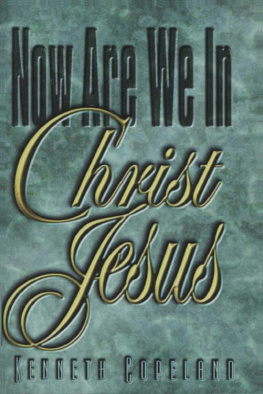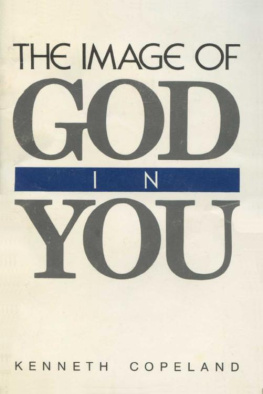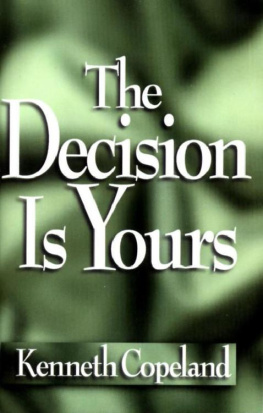Kenneth Jackson - A Celtic Miscellany: Selected and Translated by Kenneth Hurlstone Jackson
Here you can read online Kenneth Jackson - A Celtic Miscellany: Selected and Translated by Kenneth Hurlstone Jackson full text of the book (entire story) in english for free. Download pdf and epub, get meaning, cover and reviews about this ebook. year: 0, genre: Detective and thriller. Description of the work, (preface) as well as reviews are available. Best literature library LitArk.com created for fans of good reading and offers a wide selection of genres:
Romance novel
Science fiction
Adventure
Detective
Science
History
Home and family
Prose
Art
Politics
Computer
Non-fiction
Religion
Business
Children
Humor
Choose a favorite category and find really read worthwhile books. Enjoy immersion in the world of imagination, feel the emotions of the characters or learn something new for yourself, make an fascinating discovery.
- Book:A Celtic Miscellany: Selected and Translated by Kenneth Hurlstone Jackson
- Author:
- Genre:
- Year:0
- Rating:4 / 5
- Favourites:Add to favourites
- Your mark:
- 80
- 1
- 2
- 3
- 4
- 5
A Celtic Miscellany: Selected and Translated by Kenneth Hurlstone Jackson: summary, description and annotation
We offer to read an annotation, description, summary or preface (depends on what the author of the book "A Celtic Miscellany: Selected and Translated by Kenneth Hurlstone Jackson" wrote himself). If you haven't found the necessary information about the book — write in the comments, we will try to find it.
Kenneth Jackson: author's other books
Who wrote A Celtic Miscellany: Selected and Translated by Kenneth Hurlstone Jackson? Find out the surname, the name of the author of the book and a list of all author's works by series.
A Celtic Miscellany: Selected and Translated by Kenneth Hurlstone Jackson — read online for free the complete book (whole text) full work
Below is the text of the book, divided by pages. System saving the place of the last page read, allows you to conveniently read the book "A Celtic Miscellany: Selected and Translated by Kenneth Hurlstone Jackson" online for free, without having to search again every time where you left off. Put a bookmark, and you can go to the page where you finished reading at any time.
Font size:
Interval:
Bookmark:

A CELTIC MISCELLANY
ADVISORY EDITOR: BETTY RADICE
P ROFESSOR K ENNETH J ACKSON was born in 1909 and educated at Whitgift School and St Johns College, Cambridge, where he read classics and archaeology and anthropology. He was a Fellow of St Johns College and a lecturer at Cambridge University from 1934 to 1939. He was Professor of Celtic Languages and Literatures at Harvard University, and from 1950 until 1979 was Professor of Celtic Languages, Literatures, History and Antiquities at Edinburgh University. His most notable books include Language and History in Early Britain, The International Popular Tale and Early Welsh Tradition, The Oldest Irish Tradition, A Historical Phonology of Breton, The Gododdin and The Gaelic Notes in the Book of Deer. He was elected Fellow of the British Academy in 1957 and appointed CBE in 1985.
Kenneth Jackson died in 1991; in his obituary The Times declared him a master of all four of the major Celtic languages and a world authority on most, if not all, of the subjects his Edinburgh chair called upon him to profess.
Translations from the Celtic Literatures
KENNETH HURLSTONE JACKSON
PENGUIN BOOKS
PENGUIN BOOKS
Published by the Penguin Group
Penguin Books Ltd, 80 Strand, London, WC2R 0RL , England
Penguin Putnam Inc., 375 Hudson Street, New York, New York 10014, USA
Penguin Books Australia Ltd, Ringwood, Victoria, Australia
Penguin Books Canada Ltd, 10 Alcorn Avenue, Toronto, Ontario, Canada M4V 3B2
Penguin Books India (P) Ltd, 11, Community Centre, Panchsheel Park, New Delhi 110 017, India
Penguin Books (NZ) Ltd, Private Bag 102902, NSMC, Auckland, New Zealand
Penguin Books (South Africa) (Pty) Ltd, 5 Watkins Street, Denver Ext 4, Johannesburg 2094, South Africa
Penguin Books Ltd, Registered Offices: 80 Strand, London, WC2R 0RL , England
First published by Routledge & Kegan Paul 1951
Revised edition published in Penguin Books 1971
25
Copyright 1951 by Kenneth Hurlstone Jackson
Copyright Kenneth Hurlstone Jackson, 1971
All rights reserved
Except in the United States of America, this book is sold subject to the condition that it shall not, by way of trade or otherwise, be lent, re-sold, hired out, or otherwise circulated without the publishers prior consent in any form of binding or cover other than that in which it is published and without a similar condition including this condition being imposed on the subsequent purchaser
ISBN: 978-0-14-193523-2
TO
JANET, STEPHANIE
AND ALASTAR
There have been a number of anthologies of translations from Celtic literature published since Charlotte Brookes Reliques of Irish Poetry (1789), though hardly any are now still in print. They have mostly been limited each to selections from some one of the Celtic languages alone, and the great majority of them have been taken from poetry only.
The purpose of this book is to provide in the first place fresh translations, not to reprint those of others. Then, to give selections not only from poetry but also from prose: mostly short, occasionally longer passages, chosen to illustrate the prose literature of the Celtic peoples; for a verse anthology is necessarily only one-sided. And third, to include material from all six Celtic literatures and from all periods from the beginning to the nineteenth century. I had intended firmly to exclude all those pieces which turn up constantly in Celtic anthologies and to give only such as would be new to the majority of readers; but in the case of some old favourites I weakened and admitted them, because one could really hardly leave them out in a representative collection. Those who miss some works with which they have long been familiar will understand why they are not here.
A word must be said on the method of translation. Eighteenth- and nineteenth-century taste would accept indeed preferred renderings which were nothing but the wildest paraphrases, at least if they were made from languages which the readers did not themselves know. The later nineteenth century favoured an artificial semi-Biblical English which might degenerate into pure Wardour Street. Traces of these are still with us. We still sometimes meet the outrageous paraphrase, particularly in translations into English verse, where it is excused on the ground that it renders the spirit rather than the word; but is used for instance the order of a couple of adjectives may be transposed if failure to do so would give an excruciating consonant clash or impossible rhythm in the English; and in the poetry, especially in the Welsh cywyddau, where a highly inverted and interlocking order of words and phrases is found, this had to be disentangled indeed in the cywyddau the constant short clauses in apposition necessarily must be rearranged, with conjunctions and the like, to make sense to the reader. In some instances there are mild archaisms, not inconsistent with the date of the material, such as the use in medieval poetry of Marry when the Celtic has the actual phrase meaning by Mary; it would seem pedantic to object to such things when they express the original much better than any modern periphrase could do. Granting all this, I think the reader may take it that in so far as I was able I have tried to render the original with exactness into as plain and fitting an English as I can.
Of necessity this meant that poetry had to be turned as prose; since, no matter what the defenders of verse translation may say, it is not feasible to give anything like a close equivalent in English verse, or at least to sustain it throughout a whole book. Therefore, to distinguish clearly between those passages which are in prose in the sources and those which are in verse, the initial word of the latter is printed with a very large capital letter, except in the case of those where the stanzaic arrangement makes it obvious they are verse (of course stanzas separate in the original are separate here). I had planned to print each verse line as a single line in English, in the manner of Arthur Waley and Kuno Meyer, but although this worked well in some cases, in others the entangled style of the original made it out of the question; so that it seemed best to print them all simply as continuous prose. There are a few exceptions to this, the chief being nos. 184 and 185, the two selections from Merrimans Midnight Court, and nos. 68 and 186. With the pieces from Merriman the tremendous swing of the Irish verse absolutely imposed a rhythmical swing, amounting to metre, on the English; and to avoid giving an impression similar to prose-poems or poetry printed as prose, these two passages are given with the verse lines of the original as separate lines of print. No. 68, Fhir a Bhta, is sung to such a well-known tune that again the verse rhythm, and consequently the line arrangement, was unavoidable. No. 186 had to be treated similarly because of its form of dialogue and refrain. This does not involve any serious misrepresentations.
At the end of each piece in the book the language of the original is stated, together with the authors name if this is known, and the approximate date occasionally the precise date can be given. It will be noticed that a number of selections are described as Scottish-Irish. This clumsy term was coined to describe those compositions of the fifteenth to seventeenth centuries which were written in Scotland by Scottish authors but in the language of literature which, though common to the poets of Ireland and Scotland at the time, is regularly regarded as Irish. They are certainly not in Scottish Gaelic, and could not be so described, and to call them Irish would conceal their Scottish origin. As to the dates, the early tales of the Celtic people were constantly being re-told, and manuscript versions would be re-copied, with a greater or lesser degree of modernization, from century to century. When a tale found in a later manuscript but when it is very much modernized, and only some clues here and there, linguistic or otherwise, show the probable date of its older source, the words
Next pageFont size:
Interval:
Bookmark:
Similar books «A Celtic Miscellany: Selected and Translated by Kenneth Hurlstone Jackson»
Look at similar books to A Celtic Miscellany: Selected and Translated by Kenneth Hurlstone Jackson. We have selected literature similar in name and meaning in the hope of providing readers with more options to find new, interesting, not yet read works.
Discussion, reviews of the book A Celtic Miscellany: Selected and Translated by Kenneth Hurlstone Jackson and just readers' own opinions. Leave your comments, write what you think about the work, its meaning or the main characters. Specify what exactly you liked and what you didn't like, and why you think so.


